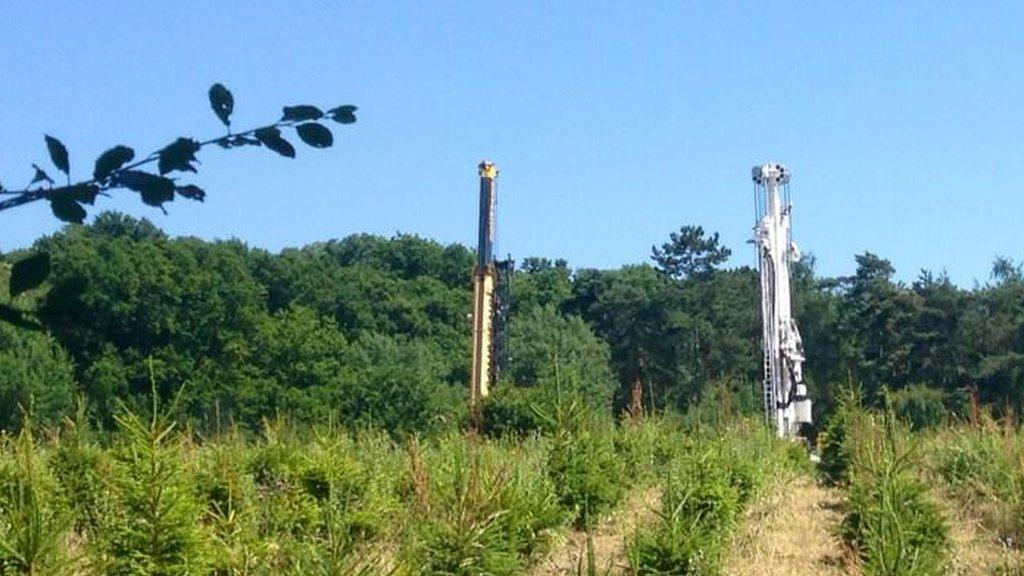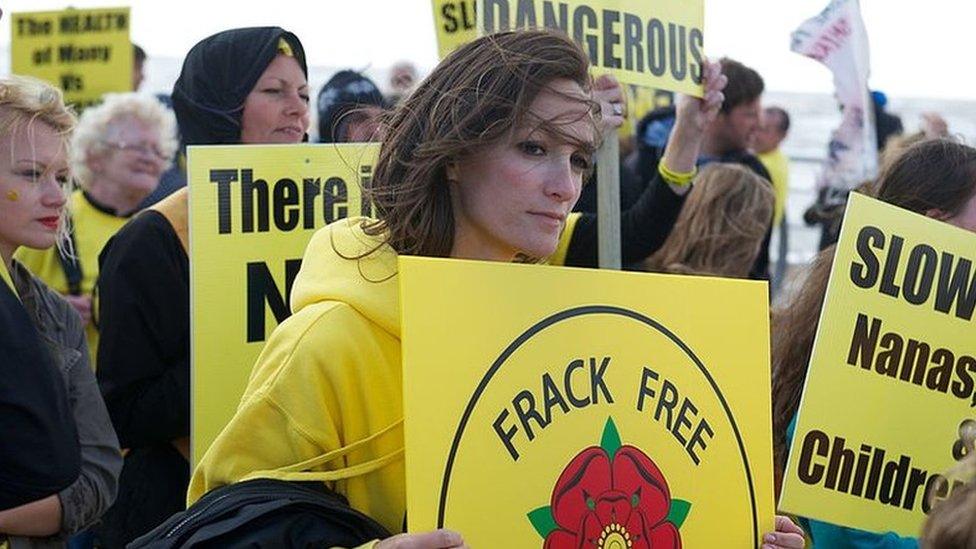Activists descend on Balcombe 'fracking' site for protest camp
- Published
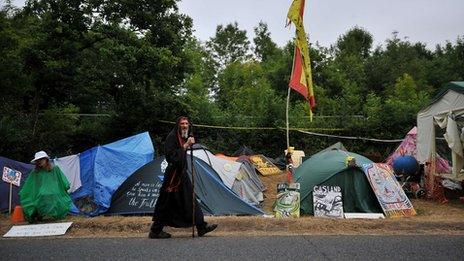
Police expect an extra 1,000 campaigners at the protest site this weekend
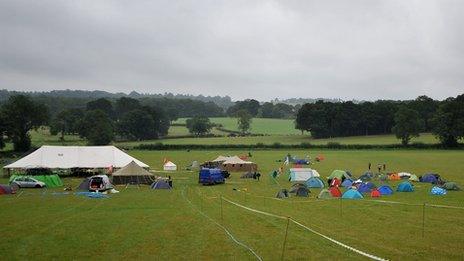
About 100 activists had arrived at the camp by Friday lunchtime
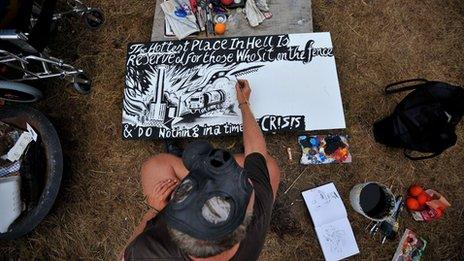
Organisers plan to hold a series of workshops on Saturday and Sunday
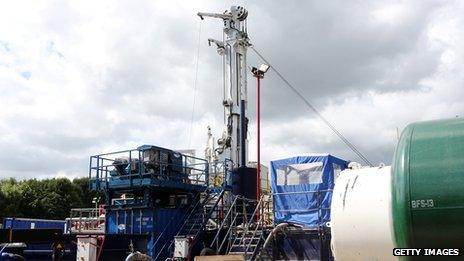
Cuadrilla said it was scaling back drilling during the event for safety reasons
Activists have descended on a test drilling site in West Sussex as part of a six-day protest camp.
Energy firm Cuadrilla is looking for oil near the village of Balcombe, but has not ruled out using fracking to extract shale gas.
Sussex Police believe up to 1,000 people could join the existing protest, which the force said had so far cost it £730,000.
Cuadrilla has scaled back the test drilling on police advice.
However, its chief executive Francis Egan said drilling would continue at the site as soon as it was safe to do so.
He said: "The protest camp is scheduled to be there for I think five or six days.
"But we'll work closely with the police. We are intending to restart, we are intending to finish the well."
Cuadrilla chief executive Francis Egan says, "We don't want anyone to get hurt" but denies setting a bad precedent
'No permission'
Ewa Jasiewicz, from No Dash For Gas, which is organising the six-day protest camp, said: "We want to stop Caudrilla... they have no social licence to operate in Balcombe or anywhere else - they have no democratic mandate.
"This is the mood of the country and the government don't realise that."
She said the group were in a "working relationship" with the farmer who owns the land where they have based their protest camp.
However, Richard Ponsford, who owns Sidney Farm, said the activists came on his land without his permission.

Ewa Jasiewicz, from No Dash For Gas, said Cuadrilla did not have a "social licence" to drill
Mr Ponsford, 59, said: "About three or four vans came on to the field and they spent about three hours barricading the field in.
"I certainly did not give my permission. There is no way I would have allowed them in at all."
The BBC's Angus Crawford said fashion designer Vivienne Westwood joined about 100 activists who arrived at Balcombe at 13:00 BST.
Some of the protesters were waving anti-fracking banners and others were wearing Guy Fawkes masks, which have become a feature of demonstrations around the world.
'Threats of direct action'
Cuadrilla is drilling a 3,000ft (900m) vertical well and a 2,500ft (750m) horizontal bore, but said fracking for shale gas would need fresh permission.
Ken Cronin, who is the chief executive of the UK Onshore Operators Group, said the industry "welcomes" a dialogue with local communities and the wider public.
"However, it is not right that the onshore oil and gas industry has to deal with threats of direct action, intimidation and 'mass civil disobedience' against our staff and property, which prevent us carrying out our lawful operations," he said.
Environmental campaigners have been camped at the site for the past three weeks, with about 40 people arrested in that time.
Sussex Police said the cost of policing the protests included overtime, salary costs and supplies.
Katy Bourne, Sussex police and crime commissioner, said the force would seek help from central government to meet the bill.
She said: "While we continue to facilitate peaceful protest at the site in an appropriate and proportionate manner, the recent involvement of national groups suggests the demonstrations will continue long-term.
"This is leading to increased demand on police resources and is placing pressure on the police budget at a time when we are being asked to find significant savings."
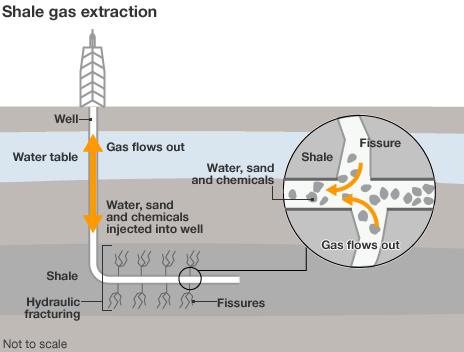
- Published16 August 2013
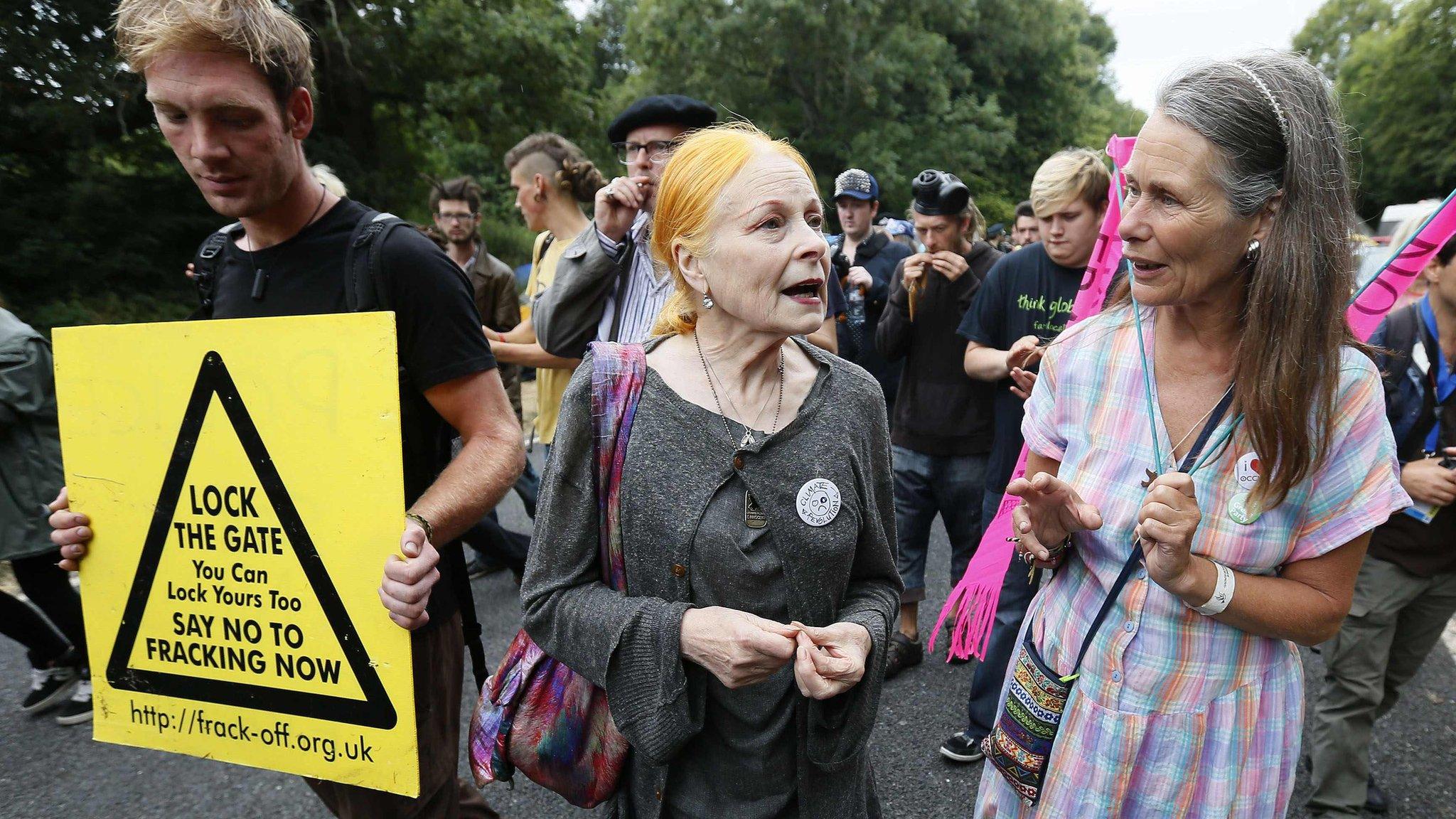
- Published16 August 2013
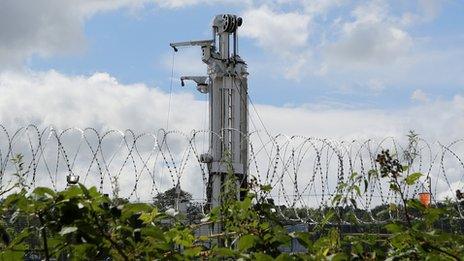
- Published12 August 2013
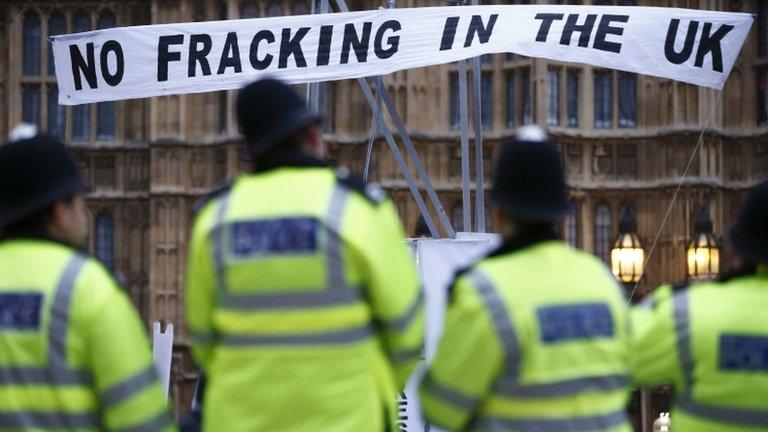
- Published16 August 2013
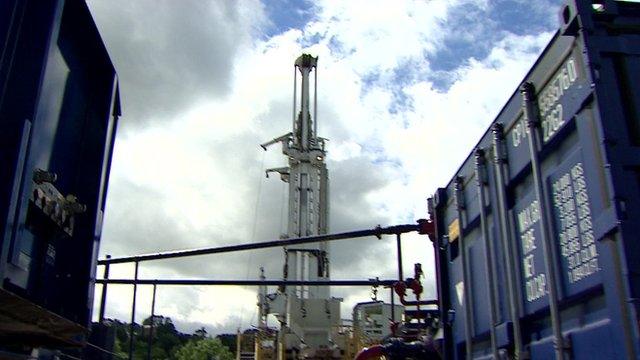
- Published16 July 2013
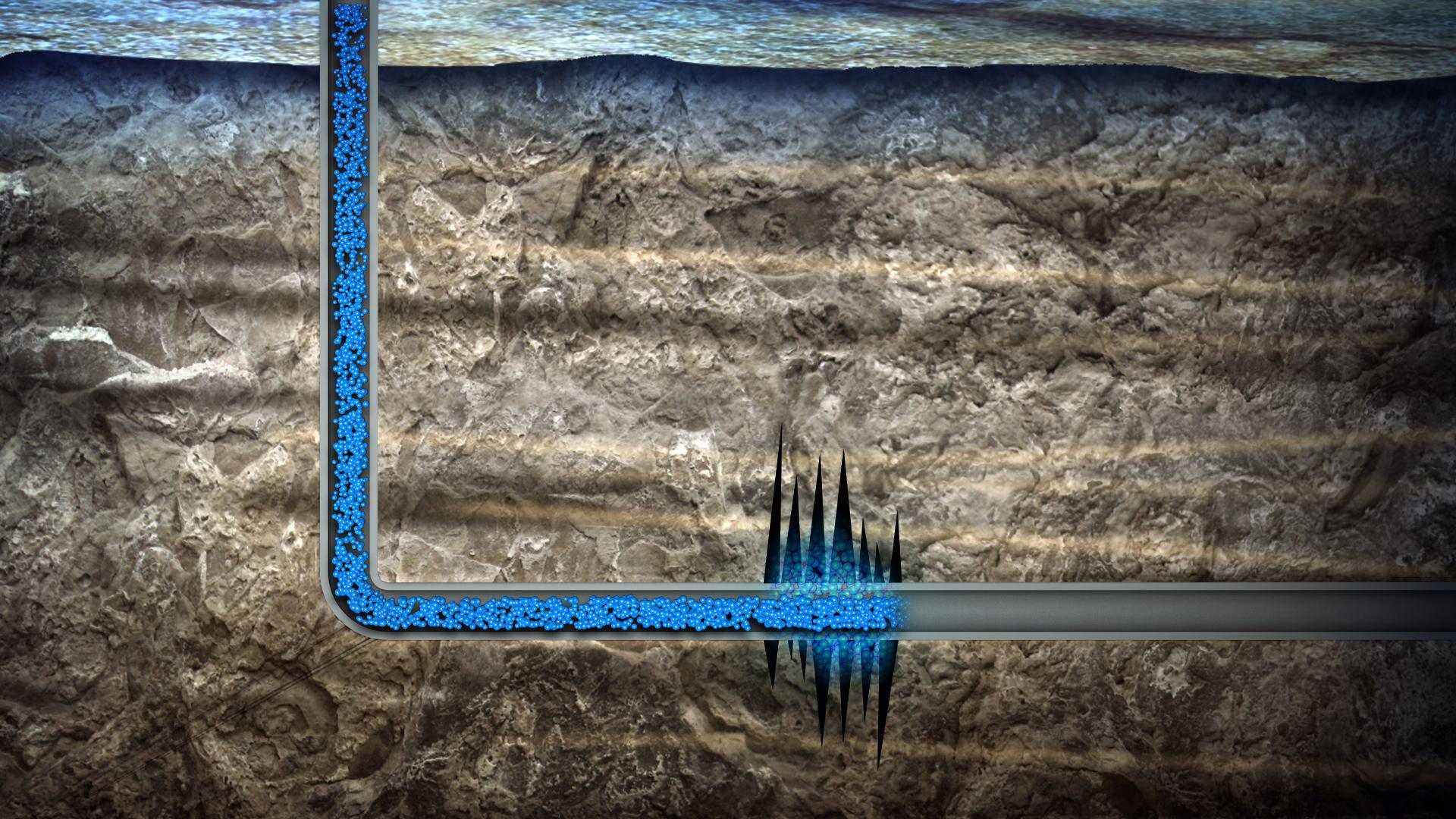
- Published15 August 2013
